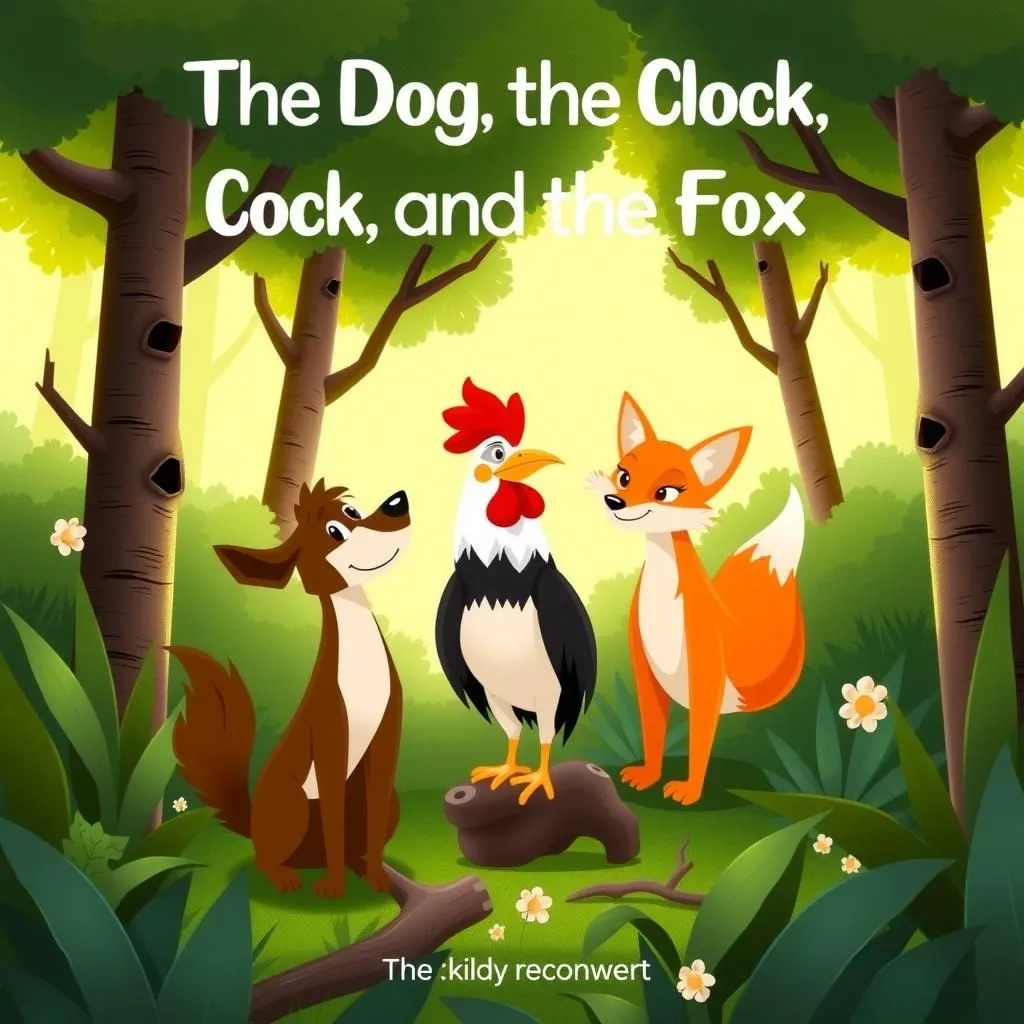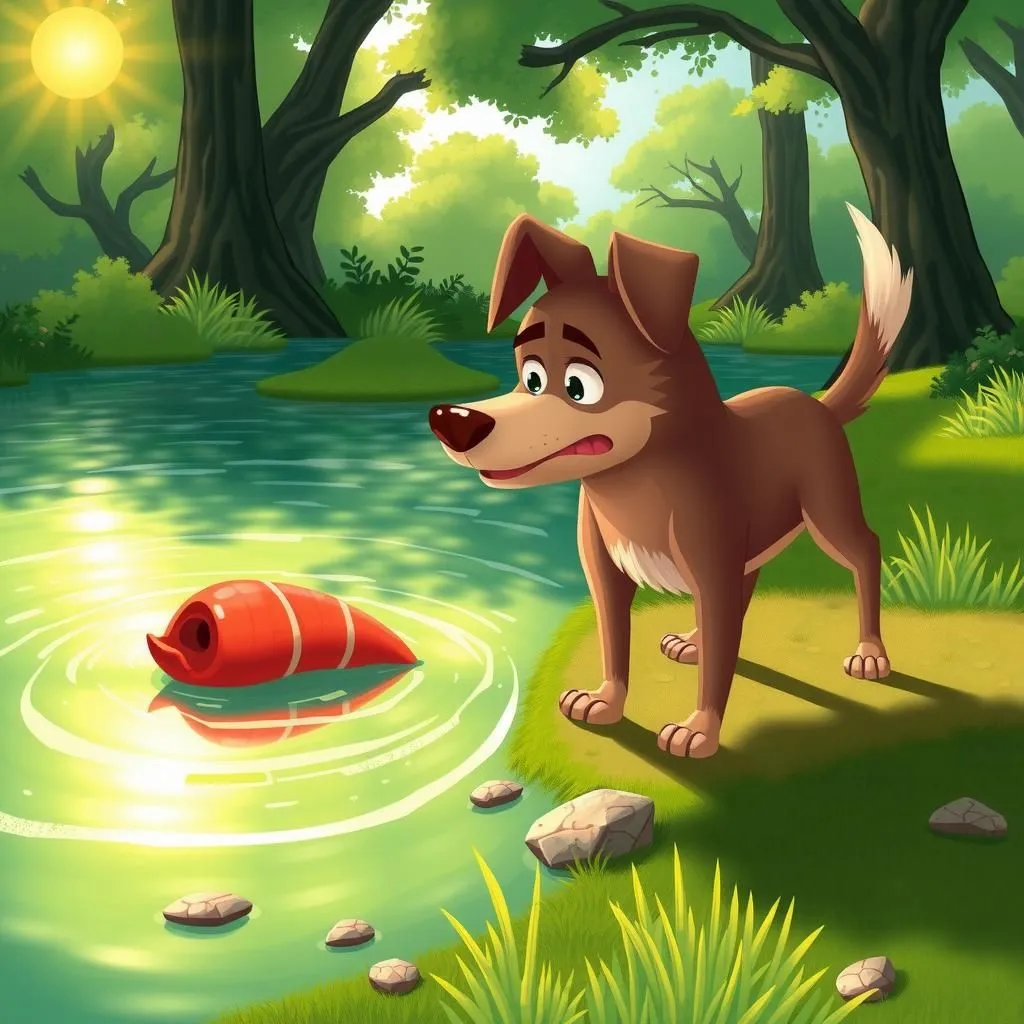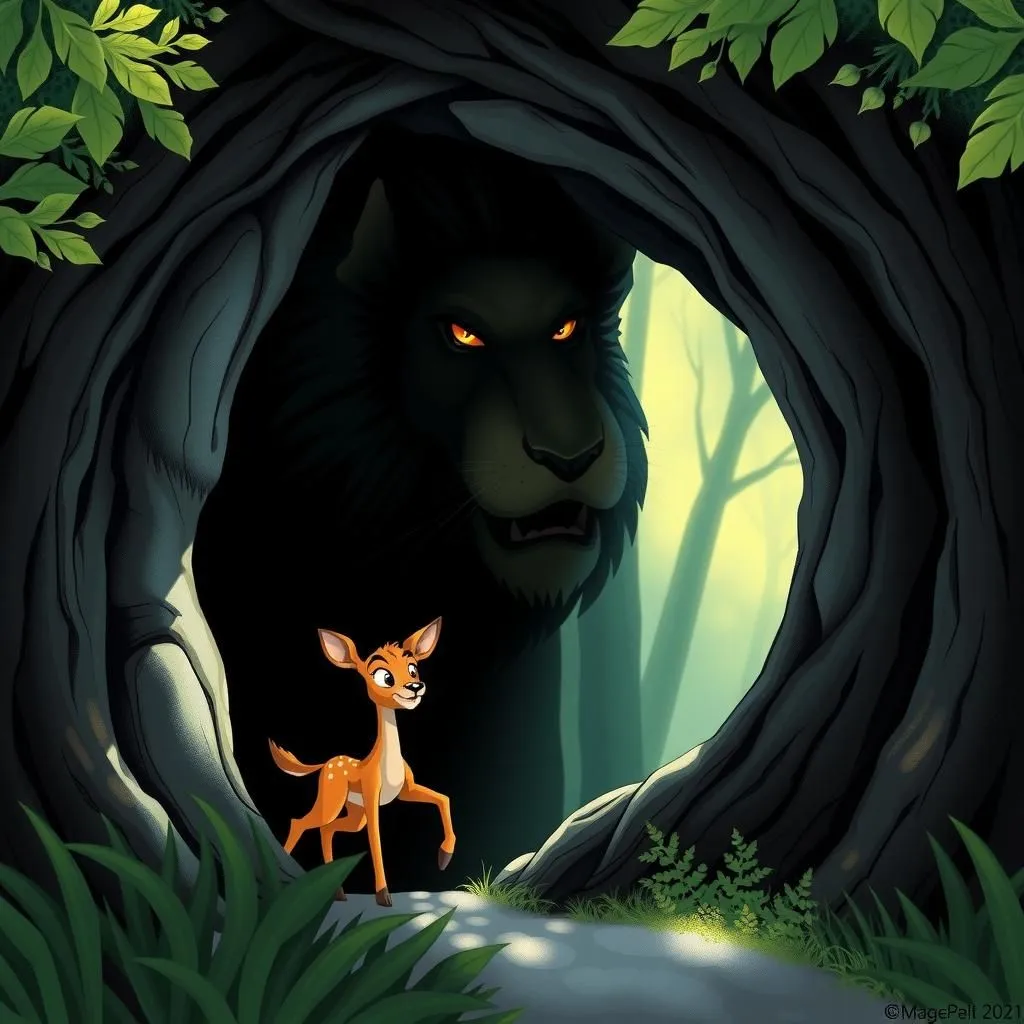
The Dog the Cock and the Fox
In this engaging animal story with a moral, a Dog and a Cock, great friends, seek shelter in a thick wood. When a hungry Fox attempts to trick the Cock, he cleverly leads the Fox to the Dog's hiding place, resulting in the Fox's demise. This concise moral story illustrates the value of friendship and cleverness, making it a fitting addition to short story collections with moral lessons for personal growth.


